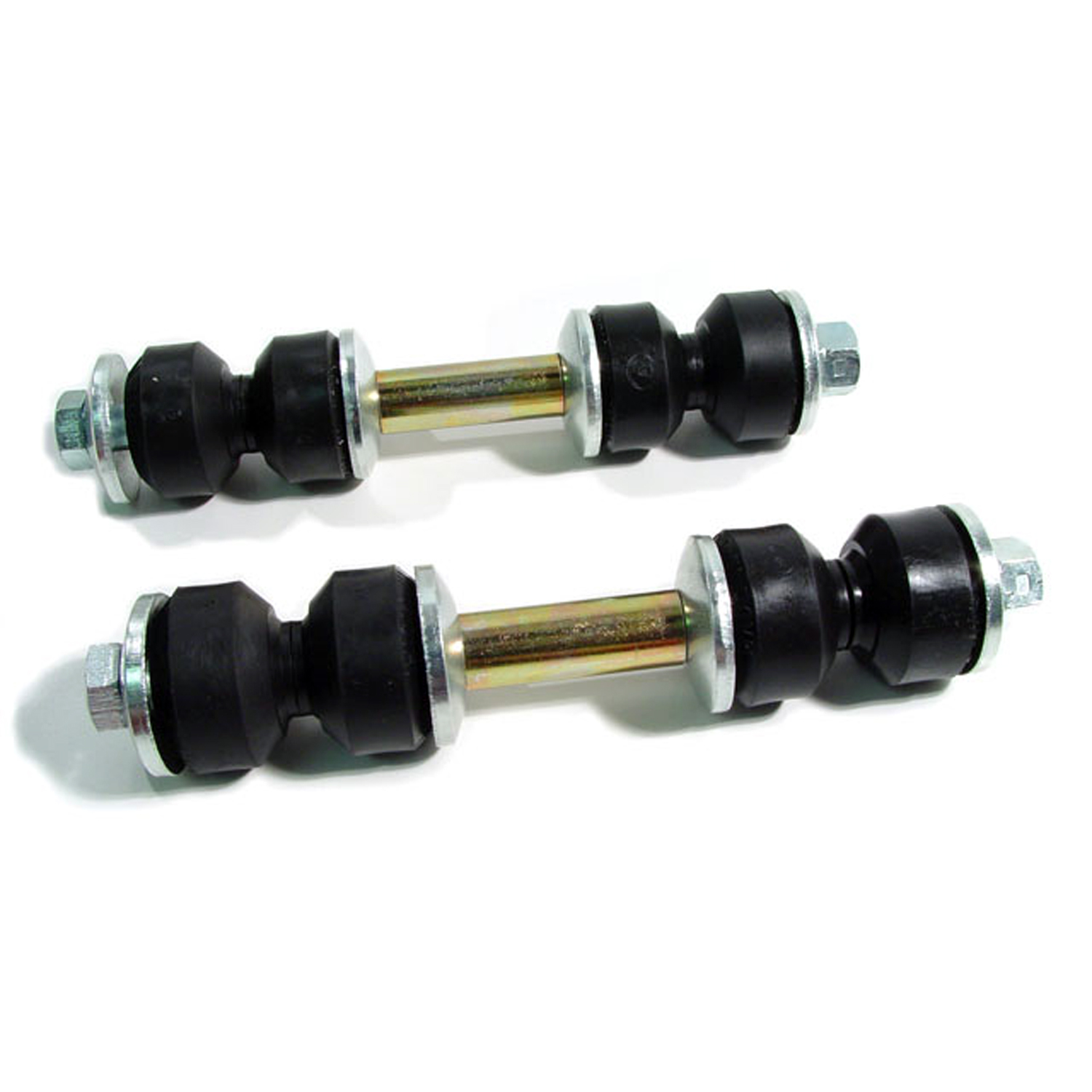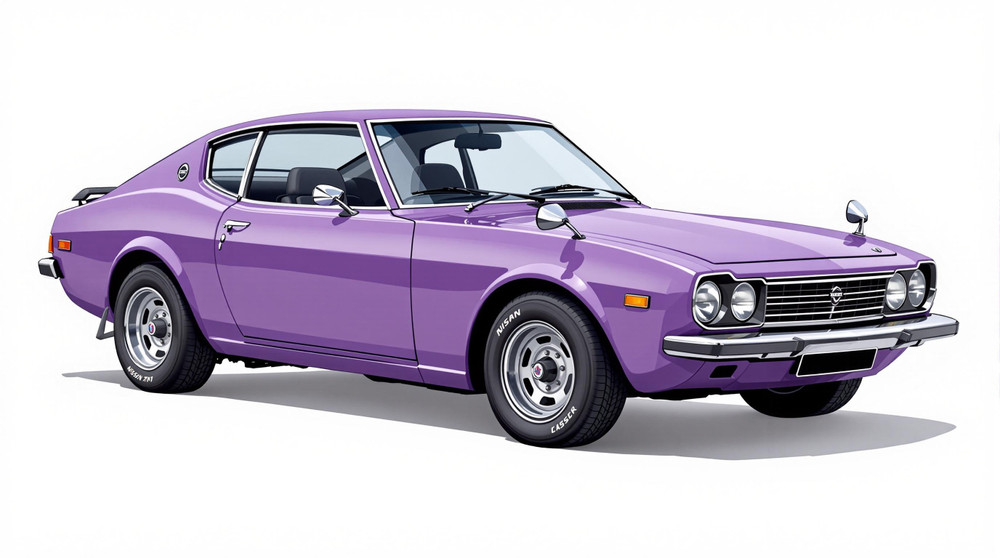Image of 1977 Nissan 710, Note: These illustrations use artistic license and may differ from actual historical models.
Performance Metrics
Fundamental Metrics
Emotional Appeal
MMP Rating
| Engine Specifications | |
|---|---|
| Engine Options: | L16 I4, L18 I4, L20B I4 |
| Displacement Range: | 1.6L-2.0L |
| Horsepower Range: | 96-110 hp |
| Torque: | 100-120 lb-ft |
| Compression Ratio: | 8.5:1 |
| Ignition System: | Electronic |
| Cooling System: | Liquid-cooled |
| Performance Specifications | |
| 0-60 Time: | Estimated 12-15 seconds |
| 1/4 Mile Time: | Estimated 18-20 seconds |
| Top Speed: | 100 mph |
| Transmission and Drive | |
| Drive Type: | RWD |
| Transmission Type: | 4-speed manual, 3-speed automatic |
| Fuel and Efficiency | |
| Fuel System Type: | Carburetor |
| MPG: | Estimated 20-25 mpg |
| Dimensions and Brakes | |
| Brakes: | Front disc, rear drum |
| Wheelbase: | 94.5 inches |
| Weight: | 2,200 lbs |
Note: Specifications for classic cars are given to the best of our ability, considering the limited and variant data available.
Unveiling the Understated Icon: The 1977 Nissan 710
The year 1977 saw the automotive world graced by a modest yet remarkable entrant: the Nissan 710. This vehicle, emerging from the stables of the reputable Japanese manufacturer Nissan, was a testament to the company's commitment to producing reliable and accessible cars. Known for its practicality and unassuming presence, the Nissan 710 carved out a niche in an era dominated by fuel crises and a shifting landscape towards more economical vehicles. A unique fact that car enthusiasts might find intriguing is that despite its relative obscurity, the 710 played a pivotal role in establishing Nissan's reputation for durability in international markets.
Design and Innovation
The exterior of the Nissan 710 didn't shout for attention but rather whispered of subtlety and function. Its design featured clean lines and an uncluttered profile that was characteristic of Japanese automotive design philosophy during the period. Inside, occupants were greeted with a straightforward dashboard layout and no-nonsense controls, reflecting the utilitarian ethos of the time. Materials, while not luxurious, were hard-wearing and comfortable enough for daily use. Technologically, it boasted features that were advanced for its time, such as independent rear suspension on some models—a rarity among competitors. Color options for the 710 ranged from earthy tones to more vibrant hues, with colors like Sunshine Yellow and Copper Metallic often catching the eye of consumers. The most iconic body style was arguably the two-door sedan, which struck a chord with buyers looking for a compact yet stylish vehicle. Other options included a four-door sedan and a station wagon variant that offered increased practicality.
Historical Significance
The Nissan 710 may not have revolutionized automotive design or technology in dramatic ways, but it did reinforce the concept of reliability and value in an increasingly competitive market. It stood apart from many American contemporaries that were grappling with downsizing and efficiency challenges. The 710's lasting influence can be seen in how it helped pave the way for future generations of compact Nissans that continued to emphasize these core values.
Performance and Handling
Performance-wise, the 1977 Nissan 710 offered modest yet sufficient power to navigate both city streets and highways with ease. While top speed and acceleration figures were not groundbreaking—the car could reach highway speeds without much fuss—it was in handling where the 710 shone. Its suspension system provided a balance between comfort and responsiveness, allowing it to tackle bumps with composure while remaining stable on windy roads. Driving the 710 was an exercise in simplicity; there was no roaring exhaust note or aggressive acceleration, just the hum of an engine doing its job efficiently. The ride felt secure and connected to the road, giving drivers confidence behind the wheel.
Ownership Experience
The Nissan 710 found its place as a dependable daily driver for families and individuals alike. It also garnered interest as an entry-level show car for enthusiasts looking to delve into classic Japanese models without breaking the bank. Maintenance was straightforward, making it an ideal choice for owners who preferred to handle repairs themselves. As time has passed, some criticisms have surfaced regarding its conservative styling or lack of power compared to sports-oriented contemporaries; however, these are often overshadowed by praise for its reliability.
Fun Facts
A lesser-known tidbit about the Nissan 710 is that it shared some components with its sportier sibling, the Datsun 510—a car that earned considerable success in racing circles. While not as famous as the 510, some 710s found their way into grassroots motorsport events. As for celebrity ownerships or records held by this model—such instances are rare but add to its charm when they do surface.
Collector's Information
Today, collectors might find a well-preserved Nissan 710 valued within a range that reflects its status as an emerging classic—potentially anywhere from $5,000 to $15,000 depending on condition and originality. Production numbers were significant enough to ensure availability on the market but finding one in pristine condition can be challenging. Price trends suggest a slow appreciation as nostalgia for vintage Japanese cars grows; however, this is contingent on overall market interest in this segment.
Conclusion
In retrospect, while not groundbreaking in performance or luxury, the 1977 Nissan 710 stands as a testament to practical engineering and timeless value—a vehicle whose significance lies in its reliability and enduring appeal among classic car aficionados. As we look back at this understated icon, we're reminded that sometimes greatness isn't about standing out but rather standing strong through decades of change.
1977 Nissan 710 Catalog of Parts
 1977 Nissan 710 Front Stabilizer End Repair Kit-BNK 22Front Stabilizer End Repair Kit. 22-piece set for two stabilizer bars. Contains all rubber bushings, washers, bolts and nuts, enough for one front end. Set
1977 Nissan 710 Front Stabilizer End Repair Kit-BNK 22Front Stabilizer End Repair Kit. 22-piece set for two stabilizer bars. Contains all rubber bushings, washers, bolts and nuts, enough for one front end. SetWhy Choose Metro?
For over 100 years, Metro Moulded Parts has been the pinnacle of quality in classic car restoration parts. Our commitment to precision and authenticity in every component ensures a perfect fit and an OEM-level appearance.
- Expert Craftsmanship & Quality: Each part is a testament to our dedication to reliability and perfection, crafted from original designs and thoroughly tested.
- Advanced Technology: We use cutting-edge techniques to create flawless, long-lasting parts that surpass others in performance.
- SuperSoft Sponge – The Ultimate Door Seal: Not only are our door seals 30% softer than competitors', but they're also guaranteed to never leak. They effectively reduce wind and road noise, enhancing your classic car's comfort and driving experience.
- Proudly American: Our parts are a product of American craftsmanship, made in the USA with a spirit of excellence and heritage.
- Unrivaled Warranty: We back our products with a 30-year industry-leading warranty, a testament to our confidence in their quality.
Join us in preserving the legacy of classic cars with parts that are crafted for perfection, not just made.

